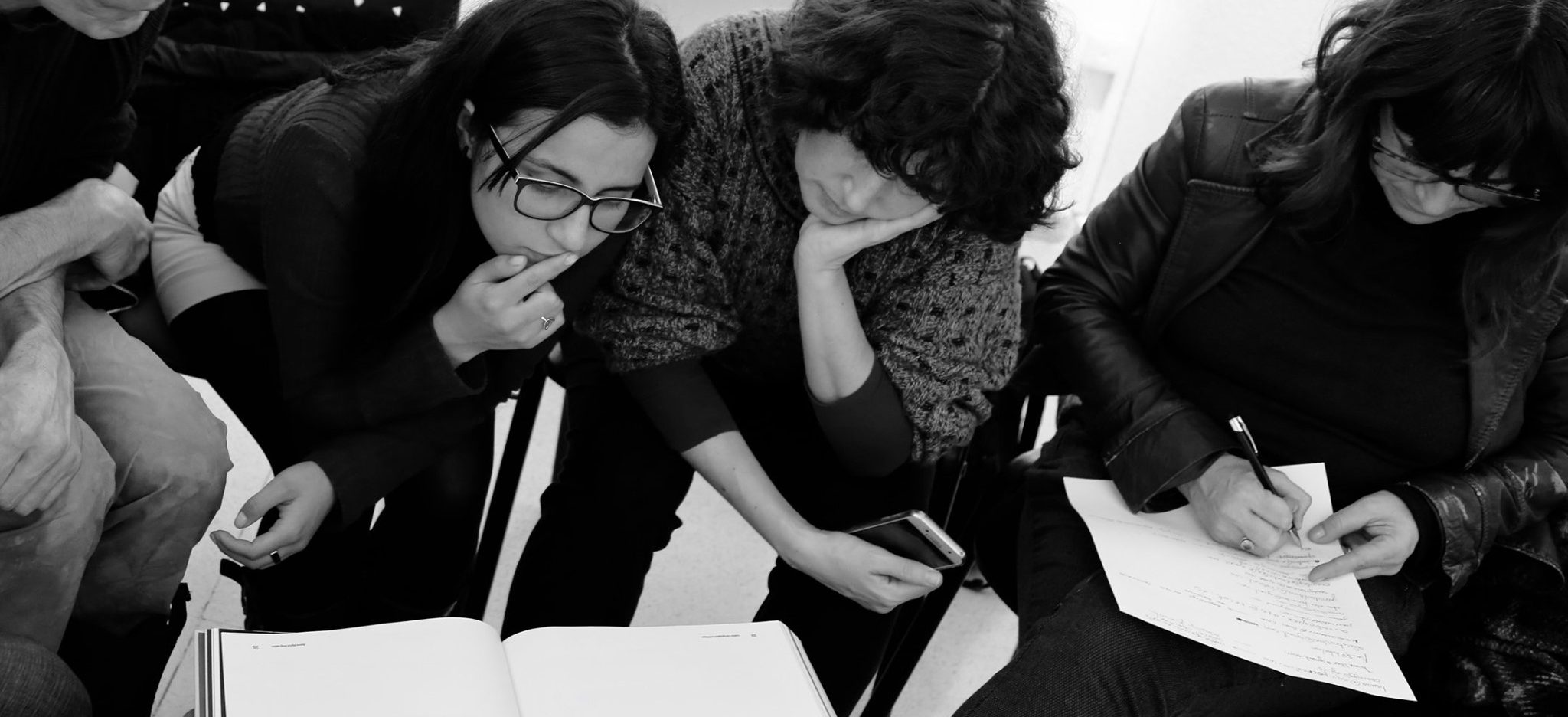
13 Oct Errant Experiences: Questioning Knowledge Production
Knowledge production is an intersectional issue. We believe that universities can and should learn from the experience of activists, especially those from marginalised communities and silenced groups. This is why as part of our mission, in contexts of institutionalised knowledge production – including universities – we look for the intersections of activist and academic knowledge, while at the same time we inspire divergent forms of knowledge production that break the boundaries.In this blog, we share our experiences of designing collective learning processes to inspire others in their efforts to decolonise higher education.
TuTela Learning Network is an informal, open and feminist international collective aimed at building connections among marginalised activists’ experiences in education and community work. Strongly believing that an initiative by Roma women in a Hungarian city’s periphery can inspire and be inspired by activists in a Brazilian favela, we wish to counter the mainstream dynamics of how ‘best practices’ are legitimised and disseminated. Therefore, we collect first-hand testimonies from activists and make them available in different languages to boost online and offline spaces of inspiration and mutual learning. The members and collaborators of our network are activists involved in education and community work in different countries. We organise face-to-face workshops among activists and online encounters for professionals who are keen on learning from the recorded activist testimonies.
In our opinion there are an infinite number of aspects that can enrich and reform academic knowledge based on what activists around the globe can teach us. These aspects include feminist and collaborative research methodologies, feminist organising, and feminist practices of exposing and deconstructing the power dynamics that persist in many areas of society. University staff and students can learn from the activists’ testimonies to gain tools to work toward equity not only in the contents of their research but in all aspects of their work. The same applies to NGOs. We support these processes by facilitating collective learning spaces, including training and workshops and collective systematisation of experiences.
Moreover, we encourage others to discover and share experiences of community initiatives from their own contexts where they live and work. Through workshops and other activities we provide a space for collective critical thinking, building knowledge based on practical experiences, mutual listening and sharing.
One of our workshops was held as part of a course on minority identities at the Institute of Psychology at the University of Pécs in Hungary. After we shared basic notions of feminist and collaborative research, the students conducted video interviews with persons belonging to a minority group (including ethnic identity, sexual orientation or disability) who could talk about their life experiences. These videos are now part of our growing database of multimedia material that is used in workshops and – in the long-term – will be collected on a digital platform.
Last year we also held a workshop at the University of Granada, with students of Social Work. The workshop’s objective was building connections between the marginalised activists’ experiences and social and community work. We brought three testimonies from different parts of the world, all connected to the course’s topic: gender-based violence. Future social workers who might work on gender-based violence in marginalised communities had the opportunity to engage with the experiences of activists from a favela of Rio de Janeiro, a Roma community from Hungary and first-hand testimony of an activist-scholar as a survivor of violence and her efforts to raise awareness on it. These experiences combined with theoretical concepts offer a better understanding of the underlying dynamics and possibilities of intervention.
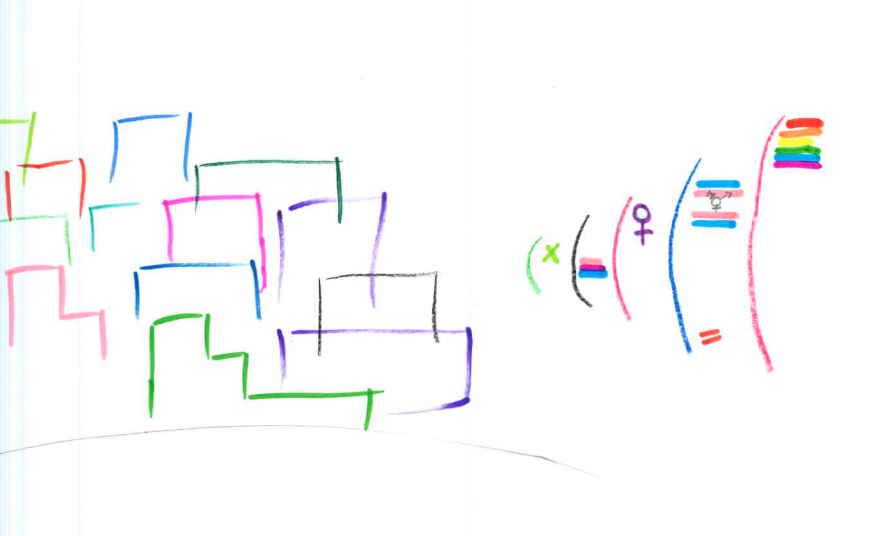
We believe in the power of creative methods to enable a real engagement with others’ testimonies. Our workshops’ participants reflect on what they have read/seen/heard and create a collective ‘artistic’ interpretation. We co-produce further, multilingual educational materials in the forms of videos, articles, cartographies and other creative and collaborative formats in different spaces, with different actors. We aim to develop a collective consciousness about issues, methodologies and approaches that are essential in making a change in society.
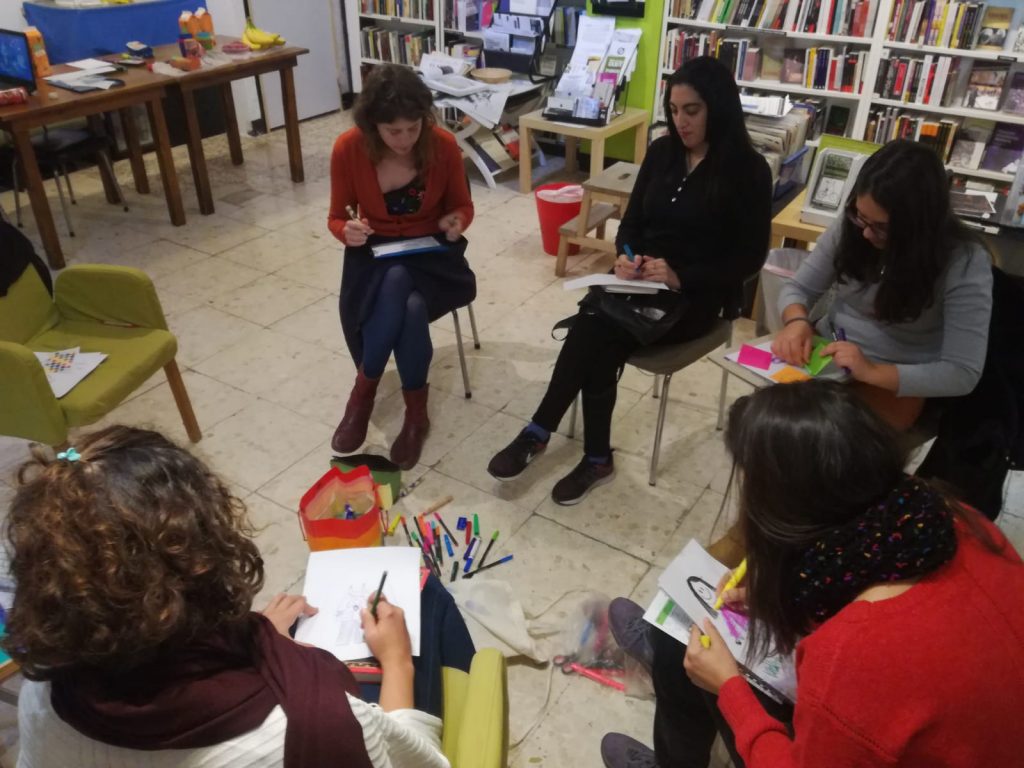
Other ongoing initiatives include:
Mujeres errantes: entrelazando vivencias/ Errant womxn: interweaving experiences
The Mujeres errantes (Errant womxn) initiative is a self-organised, voluntary, collectively managed group in Granada, Spain, where persons who identify as “errant womxn” can connect and share experiences through collective creative activities. We also had some group sessions in Pécs, Hungary. During the lockdown period, we hosted an online group for women from different countries (some of them were already part of the groups in Granada and Pécs, while some joined the group during lockdown). Our long term goal is to to extend the network by encouraging the establishment of local groups in various places. Read more about the initiative in our manifesto.
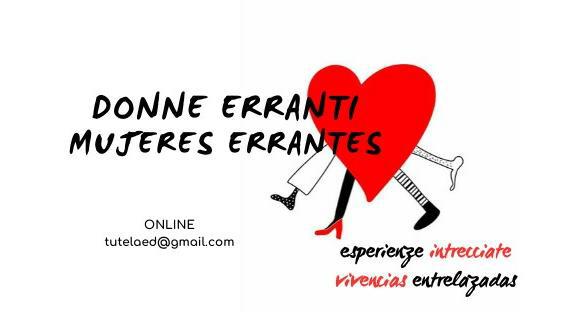
Quarantine imaginaries: a collective diary
During quarantine (due to COVID-19 pandemic) the group Mujeres errantes launched a callto develop an imaginary collective diary written in multiple languages. We use the form of a diary – in a multimodal way – to inhabit our imagination. This can be applied to point out the oppressions and inequalities participants experience, touching upon on topics like migration, housing, care, gender inequalities, and so forth.
The coming months we will relaunch this project, collecting more contributions and connecting it to activist visions on what can and should be done in our local communities to boost change.
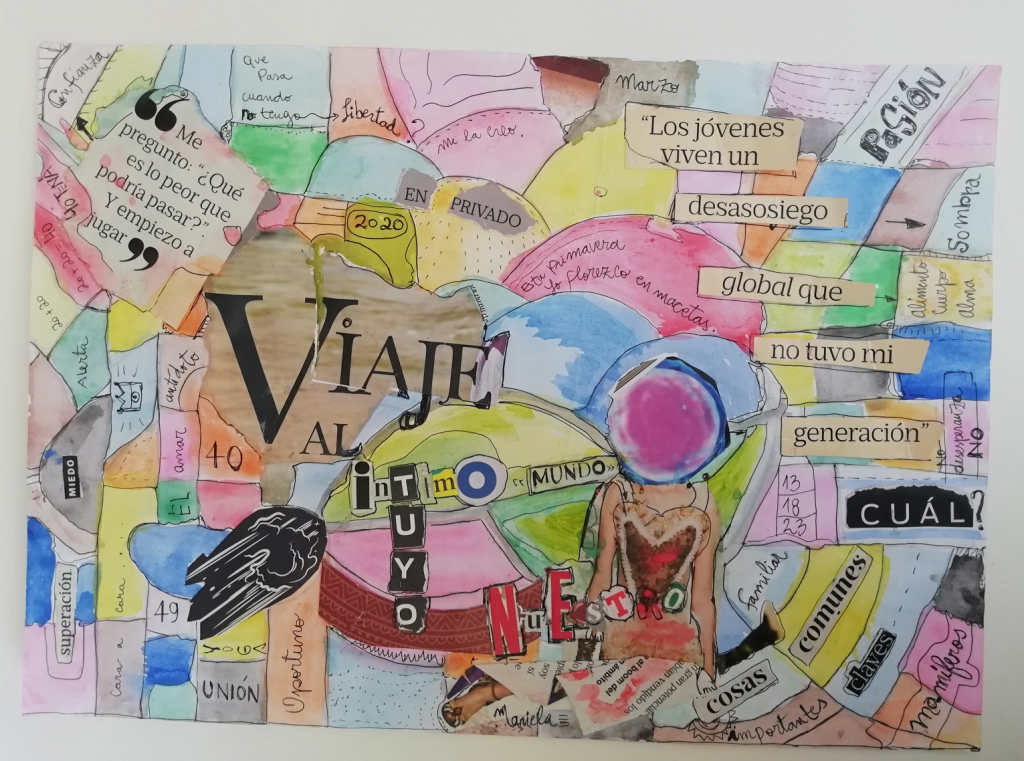
TuTela Learning Network
Web: tutela.network
Twitter: @TuTelaNetwork
Facebook: @tutelaed
E-mail: tutelaed@gmail.com
We need a coffee ☕️: ko-fi.com/tutelanetwork
Post created By
Kitti Baracsi
TuTela Learning Network, Co-Founder and Learning Coordinator
LSE Inequalities Institute, Altantic Fellow for Social and Economic Equity
Marta Ruffa
Co-Founder and Language Coordinator, TuTela Learning Network
Dresda Emma Méndez de la Brena
Gender Equity Expert, TuTela Learning Network
PhD Candidate in Women’s Studies, University of Granada



No Comments